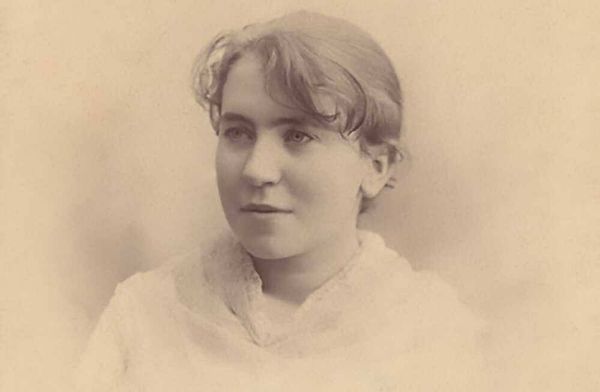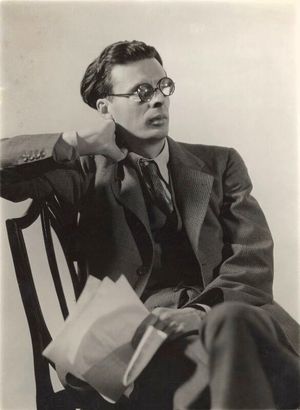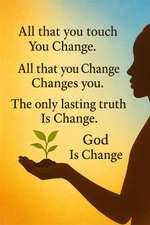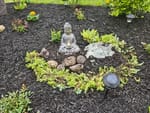I haven't read until I passed out in a long time, but it happened last night. I believe I fell asleep around 3 am, although I'm usually in bed by 9 pm.
Currently, I'm engrossed in reading 'Anarchism and Other Essays' by Emma Goldman, and I must say, her work is incredibly inspiring, masterfully written, and exceptionally educational. What an extraordinary woman!

Emma Goldman (1869-1940) was a prominent anarchist, feminist, and political activist known for her radical views and tireless advocacy for social justice.
Born in Kaunas, Lithuania (then part of the Russian Empire), Emma immigrated to the United States in 1885. She became a leading figure in the American anarchist movement and a powerful orator, captivating audiences with her passionate speeches on topics such as women's rights, labor rights, and opposition to war.

Goldman was also a strong advocate for women's rights, challenging traditional gender roles and advocating for reproductive freedom and sexual liberation. Her views on topics such as free love and birth control sparked controversy and made her a target of criticism, but she remained steadfast in her beliefs.

Goldman's activism was deeply rooted in her belief in individual freedom and opposition to oppressive systems, including capitalism, the state, and organized religion.

She advocated for a society based on voluntary cooperation, mutual aid, and the liberation of individuals from all forms of authority.
From Chapter 1 of 'Anarchism and Other Essays':
" [..]
A practical scheme, says Oscar Wilde, is either one already in existence, or a scheme that could be carried out under the existing conditions; but it is exactly the existing conditions that one objects to, and any scheme that could accept these conditions is wrong and foolish. The true criterion of the practical, therefore, is not whether the latter can keep intact the wrong or foolish; rather is it whether the scheme has vitality enough to leave the stagnant waters of the old, and build, as well as sustain, new life. In the light of this conception, Anarchism is indeed practical. More than any other idea, it is helping to do away with the wrong and foolish; more than any other idea, it is building and sustaining new life.
The emotions of the ignorant man are continuously kept at a pitch by the most blood-curdling stories about Anarchism. Not a thing too outrageous to be employed against this philosophy and its exponents. Therefore Anarchism represents to the unthinking what the proverbial bad man does to the child, — a black monster bent on swallowing everything; in short, destruction and violence.
Destruction and violence! How is the ordinary man to know that the most violent element in society is ignorance; that its power of destruction is the very thing Anarchism is combating? Nor is he aware that Anarchism, whose roots, as it were, are part of nature’s forces, destroys, not healthful tissue, but parasitic growths that feed on the life’s essence of society. It is merely clearing the soil from weeds and sagebrush, that it may eventually bear healthy fruit.
Someone has said that it requires less mental effort to condemn than to think. The widespread mental indolence, so prevalent in society, proves this to be only too true. Rather than to go to the bottom of any given idea, to examine into its origin and meaning, most people will either condemn it altogether, or rely on some superficial or prejudicial definition of non-essentials.
Anarchism urges man to think, to investigate, to analyze every proposition; but that the brain capacity of the average reader be not taxed too much, I also shall begin with a definition, and then elaborate on the latter.
ANARCHISM: The philosophy of a new social order based on liberty unrestricted by man-made law; the theory that all forms of government rest on violence, and are therefore wrong and harmful, as well as unnecessary. [..]"

Thanks for reading this far and feel free to add a comment below :)
The complete book, plus an incredibly lengthy biographical sketch can be found here.








